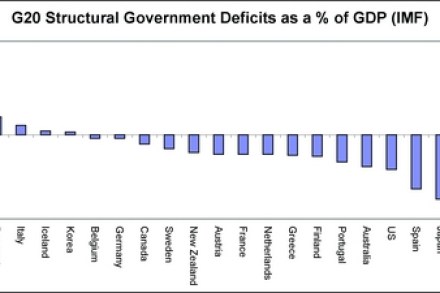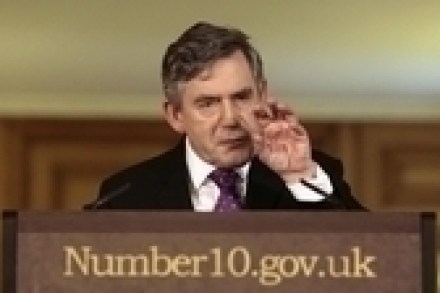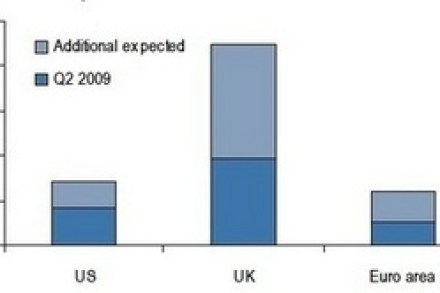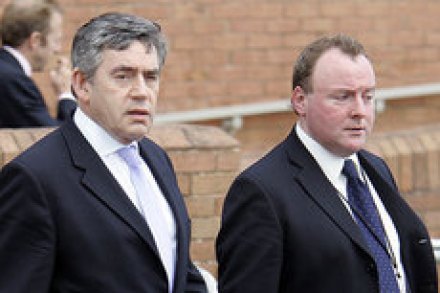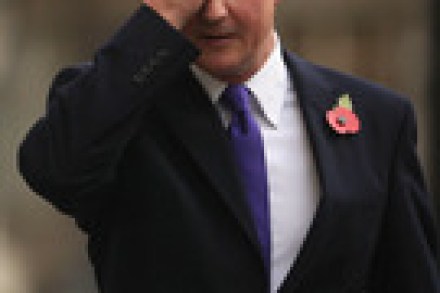No Brits likely in top EU jobs
The process to pick the two new EU jobs – that of Council President and High Representative – is nearing completion and Britain looks set to walk away empty-handed. Tony Blair’s candidacy is unacceptable to many EU leaders – both because of his record, particularly over the Iraq War, and because of Britain’s odd-man status in Europe. Last night at the Queen’s Diplomatic Reception, a senior ambassador remarked to me that if Blair had really wanted the EU job, he should have started lobbying for it a few years ago – or at least shown a post-No 10 interest in European affairs. Blair, said the envoy, could have given a





